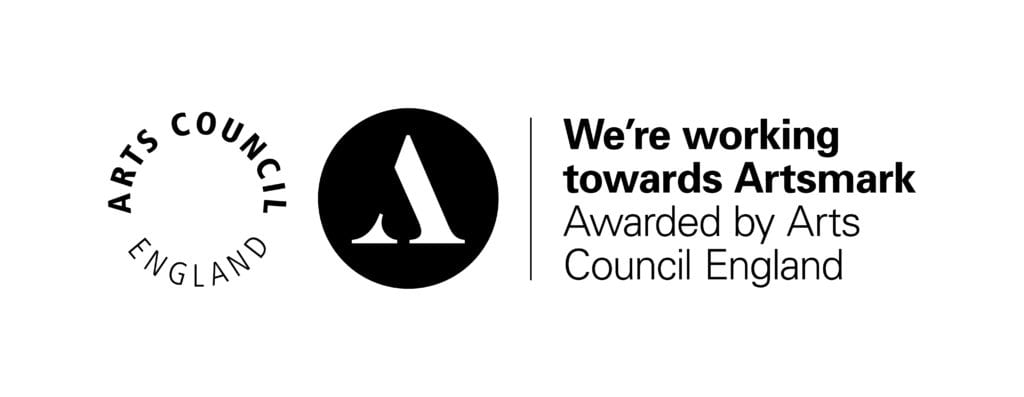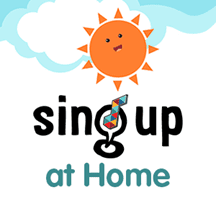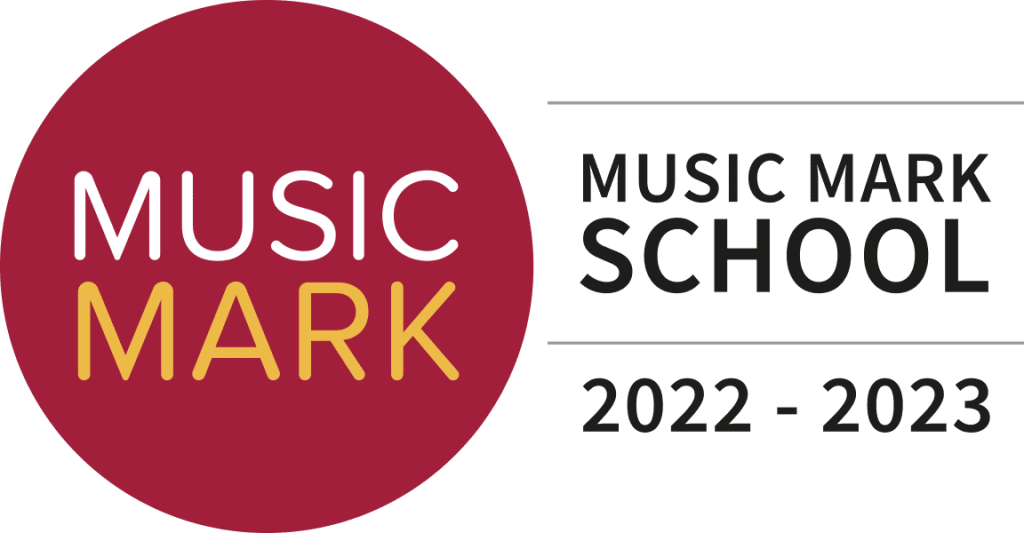Reading
Our aims are that our children will learn to read; they will enjoy a wide variety of texts and will become independent, critical, lifelong readers and learners. We will secure pupils’ reading skills by the end of Key Stage 1 and develop clear systems and policies for promoting the love of reading.
Rationale
At Grindon Infant School we believe that every pupil has the right to be able to read and write effectively and to be able to communicate with others successfully. In order to achieve this aim, the teaching of English, in all of its forms, has a high profile within School.
Reading
Our aims are that our children will learn to read; they will enjoy a wide variety of texts and will become independent, critical, lifelong readers and learners. We will secure pupils’ reading skills by the end of Key Stage 1 and develop clear systems and policies for promoting the love of reading.
All children in Key Stage 1 will complete a daily reading ‘Talk For Reading’ session on an afternoon which follows the Sunderland Reading Long Term Plan. Within this session, Teachers will focus in on a specific group of children each day and record these on their weekly Talk For Reading planning. Vocabulary Ninja word based work will also take place daily.
Shared Reading
Shared reading is when the whole class joins in the collaborative act of fluent, expressive text reading and re-reading. The Teacher’s role is to make overt what good readers do: acting as a model, demonstrator and instructor and leading discussions about the interpretation of the text. The Teacher orchestrates responses, drawing attention to reading strategies and features at text, sentence and word levels, appropriate to the age, experience and ability of the majority. Sensitive questioning and prompting of individual children helps to ensure maximum participation and understanding.
Independent Reading
What is Independent Reading?
Independent Reading is either when children return to familiar texts-re-reading strengthens a reader’s control over the reading process, or when children read texts selected by themselves. This is an important part of developing independence, motivating readers and helping children to develop and discuss their reading preferences. All pupils within the School are working on a book that is appropriate to their current phonics phase and reading attainment, as assessed through the use of Pearson Phonics Bug Reading Tests. At each phonics phase book band, pupils become fluent and confident both within decoding (saying the words) and in comprehending the text. Pupils are assessed with an individual miscue to ensure that they have secured both of these skills before moving on.
When does Independent Reading take place?
Children are encouraged and given the opportunity to read a wide variety of reading materials on a regular basis. Teachers provide regular independent reading sessions, involving individual, group or paired reading, throughout the week. These sessions usually take place outside the daily English or Reading sessions but are part of these sessions when appropriate. Children are also encouraged to read independently at home and are rewarded through our school’s reading reward of ‘Afternoon Tea With Mrs C’ which will restart when possible due to current COVID-19 restrictions. Children move a space on their class reading race track for every day that they read at home and then go for an Afternoon Tea with the Head Teacher in the Staff Room on a Friday afternoon. A Home School Reading Record provides the opportunity for Home and School communication. All children within Reception and Year 1 will complete individual reading or phonics based activities each day in school in addition to their daily phonics sessions. All children within Year 2 will read a minimum of twice per week and children who require additional support will complete daily reading.
Enjoyment of Reading
By giving Reading a high profile within the School and within each classroom we hope to encourage a lifelong relationship with reading, which allows our pupils to enjoy and experience a wide variety of literature from many genres, so they can escape into the world of a book or learn something new.
We encourage the enjoyment of reading in a wide variety of ways that continue to be adapted in order to gain and maintain the enthusiasm of the pupils within the School. These include creating a new forest themed library reading bay, running book fairs, planning reading sessions that engage children’s interests, holding World Book Day events and inviting Authors into School to inspire the children.
Phonics
Rationale
We aim to provide children with an integrated programme of learning letters and sounds through Speaking and Listening, Reading and Writing. The Teaching of Phonics is delivered across school using Pearson Phonics Bug as our new school Phonics scheme.
Within our school, we provide children with:
• A daily Phonics session, based on a model of review, introduction of new learning, practice and application;
• Focused directed Teaching involving oral and written practice of letters and sounds;
• A variety of Teaching methods, including demonstration, modelling, games, interactive activities, singing and other practical activities using the Phonics Bug Active Learn platform.
Purposes
1. To ensure a consistent and systematic approach to the teaching and learning of Phonics.
2. To provide opportunities for pupils to have daily oral and written practice to increase phonic knowledge and handwriting skills.
3. To encourage pupils to implement their phonic knowledge in Reading, Writing and Spelling activities.
Broad Guidelines
1. As a school, we follow the Phonics Bug scheme which sets out the order of what we teach in Phonics.
2. All children are grouped within their year groups and will work in groups according to the phase of Phonics they are currently working on. This will allow all pupils to progress as individuals and build on previous learning whilst allowing them to complete work that addresses any gaps also.
3. Assessment should be a continuous process and Staff include assessment activities within each phonics unit in order to have a clear understanding of how children are doing with their Phonics. Children’s progress throughout Foundation Stage and Key Stage 1 will be tracked half termly using our online Phonics Tracker. Children will complete the Phonics Screening Check at the end of Year 1 and intervention will be in place for those who do not meet the standard in Year 1 to ensure they catch up to their peers by Year 2.
4. Weekly Teaching of Phonics should include planned learning objectives so that new learning takes place daily through a range of activities. Daily lessons should be planned in the sequence outlined in the Phonics Bug Planning, and should allow opportunities for both oral and written practice. Intervention groups will be set up where needed.
5. All children should be encouraged to apply their phonic knowledge across the curriculum wherever appropriate.
6. To enhance pupils’ enjoyment and understanding, teaching should reflect a variety of learning styles including the use of ICT, games, drama, speaking and listening and writing.
7. Principles of good teaching and learning in Phonics will be shared with Parents through workshops and literature. Home support and practice is acknowledged as being extremely valuable and is highly encouraged using Phonics Bug Active Learn.
8. Pupils should be taught a consistent way of forming their letters, both lower case and capital letters, through purposeful guided practice using the School’s letter formation script. Modelling letter formation should be used to encourage a comfortable and legible handwriting style.
9. To develop an approach to spelling, as outlined in the English National Curriculum, which includes learning phonic patterns and key words, we use Pearson Phonics Bug.
10. The teaching and learning of key phonic skills should be taught and developed throughout the curriculum.
(Phonic terminology used in our School is set out in Appendix 1)
For further information about our approach to Reading and Phonics, please view or download our English Policy which you can find in the school policies section of our website.








